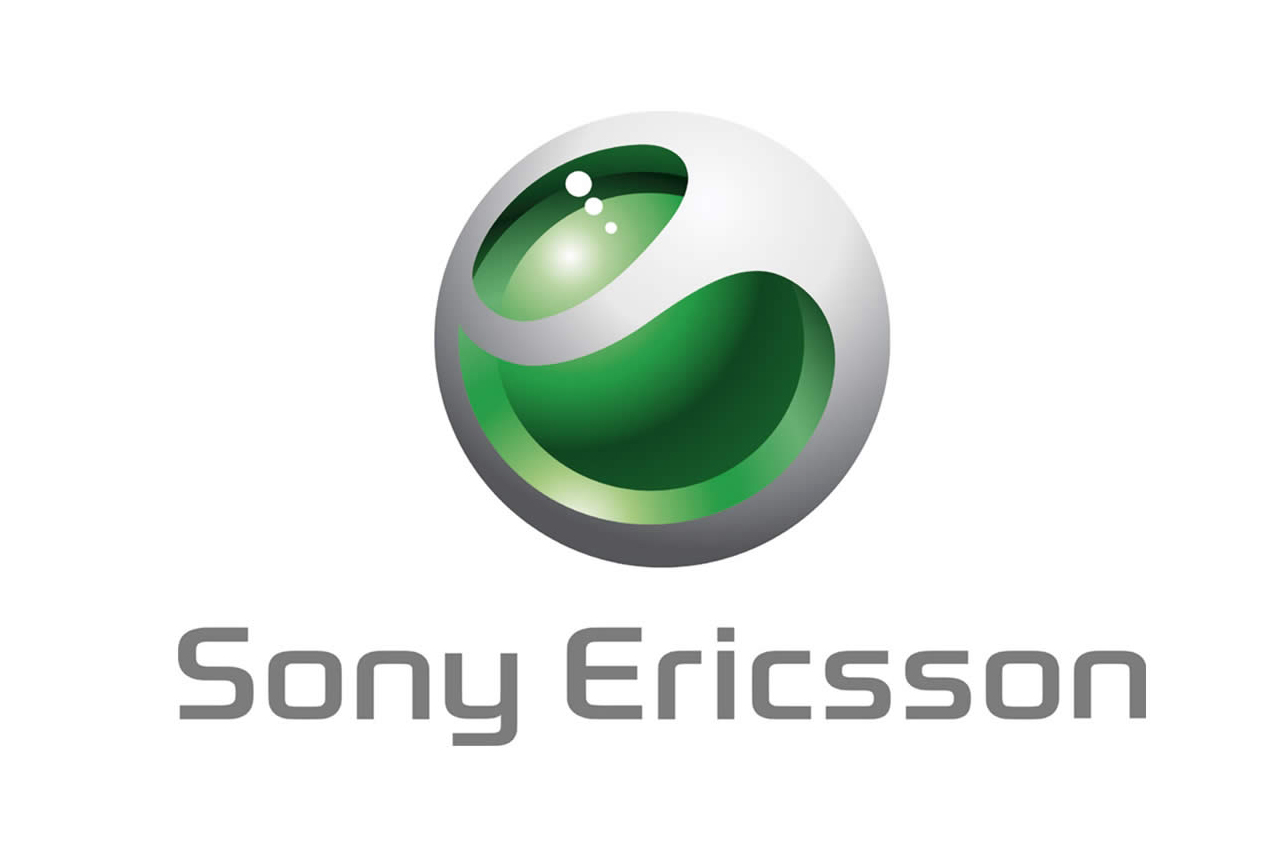Sony Ericsson reports bright outlook despite Q2 loss
Handset maker says Japan quake affects profits but is upbeat on US launch and second half prospects.


Sign up today and you will receive a free copy of our Future Focus 2025 report - the leading guidance on AI, cybersecurity and other IT challenges as per 700+ senior executives
You are now subscribed
Your newsletter sign-up was successful
Sony Ericsson today reported a quarterly net income loss of 50 million (43.8 million) that it put down to the impact of the Japan earthquake on its supply chain.
The company said it sold 7.6 million phones in the second quarter (Q2) of its 2011 financial year, falling below forecasts it would ship 8-11 million units during the period.
Bert Nordberg, president and chief executive of Sony Ericsson, cited the 11 March earthquake and tsunami as the main reasons why component shortages significantly affected potential sales, resulting in a 31 per cent drop in sales compared to the same period last year.
"We estimate that the impact of earthquake-related supply chain constraints on our portfolio was close to 1.5 million units, with most of the effect in the early part of the quarter," he said.
As a result, sales for the quarter were 1.2 billion (1.05 billion), a 32 per cent decrease year-on-year and a four per cent increase sequentially.
Despite this, the joint Japanese-Swedish handset maker was upbeat on its prospects for the second half of the year, painting Q2 as a blip that has followed five consecutive profitable quarters.
It pointed to the fact that the volume of Android-based Xperia phones shipped in Q2 still grew by 150 per cent year-on-year.
Sign up today and you will receive a free copy of our Future Focus 2025 report - the leading guidance on AI, cybersecurity and other IT challenges as per 700+ senior executives
This growth also contributed to its smartphone sales accounting for more than 70 per cent of total sales during the quarter.
Sony Ericsson estimated that these Q2 figures gave it an 11 per cent share of the global Android-based smartphone market.
"We have introduced eight new Xperia smartphones this year and we continue to see strong consumer and operator demand across the Xperia smartphone portfolio," Nordberg said.
After listening to the company's earnings call, Gartner research vice president Carolina Milanesi, said it was good to hear Sony Ericsson was also preparing for a product launch in North America in Q3.
"Although the market is highly competitive there, Android-based devices are in high demand and this offers [the company] possibly the best opportunity they ever had to be noticed by US consumers," said Milanesi in a blog posting.
Although Reuters reported that Nordberg indicated the supply chain constraints affecting Q2 might cause "some minor spillover" into the second half of the year, he still harboured ambitions to report positive overall results by the end of the year.
But this would mean the company would have to grow its second-half profit by 73 per cent to 176 million (154 million).
A 25-year veteran enterprise technology expert, Miya Knights applies her deep understanding of technology gained through her journalism career to both her role as a consultant and as director at Retail Technology Magazine, which she helped shape over the past 17 years. Miya was educated at Oxford University, earning a master’s degree in English.
Her role as a journalist has seen her write for many of the leading technology publishers in the UK such as ITPro, TechWeekEurope, CIO UK, Computer Weekly, and also a number of national newspapers including The Times, Independent, and Financial Times.
-
 ITPro Best of Show NAB 2026 awards now open for entries
ITPro Best of Show NAB 2026 awards now open for entriesThe awards are a fantastic opportunity for companies to stand out at one of the industry's most attended shows
-
 Mistral CEO Arthur Mensch thinks 50% of SaaS solutions could be supplanted by AI
Mistral CEO Arthur Mensch thinks 50% of SaaS solutions could be supplanted by AINews Mensch’s comments come amidst rising concerns about the impact of AI on traditional software
